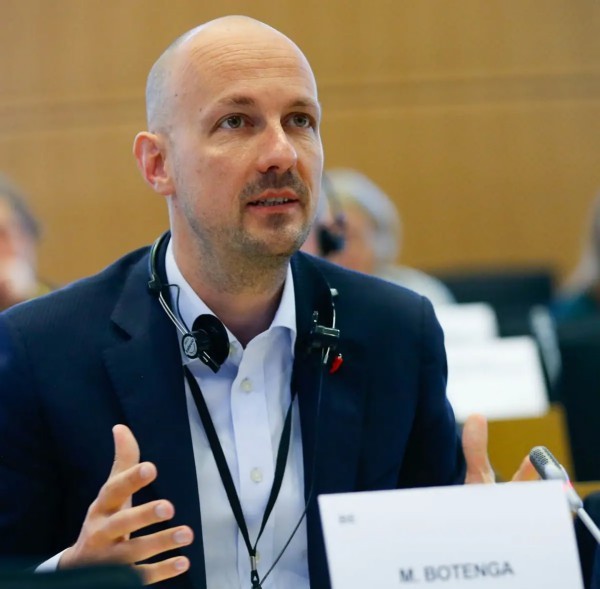Regional
Macron’s bitter truth exposed Tshisekedi’s weaknesses
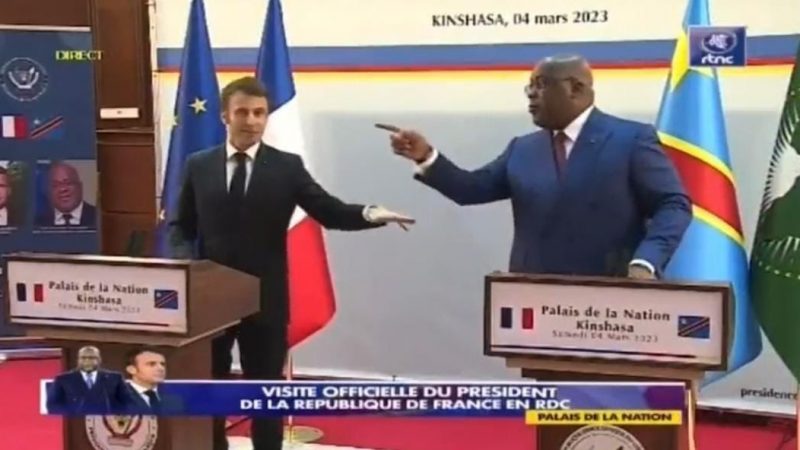
In
the weekend of March 4-5, the President of France, Emmanuel Macron, was in the
Democratic Republic of Congo on a state visit, as part of his four-nation
African tour.
However,
for the Congolese government, his trip quickly turned into a nightmare when the
French head of state decided to outline some the bitter facts that Kinshasa
conveniently spent close to three decades trying to hide.
It
was clear that DRC President, Felix Tshisekedi, thought Macron’s visit would be
a great opportunity to resume his accusation about the alleged Rwandan
aggression through the M23 rebels, that are currently occupying swathes of territory
in eastern DRC, and demand for sanctions against Rwanda.
His
plan failed as Macron did not take the bait.
During
a heated joint press conference in Kinshasa with his Congolese counterpart,
Macron emphasized the need for Congolese authorities to look within for
solutions to their security challenges, especially in the country’s eastern
region, instead of always putting the blame of their challenges on external actors.
“Since
1994, you have never been able to restore the military, security or
administrative sovereignty of your country. It's a reality. We must not look
for culprits outside,” Macron said.
Macron’s
message to Tshisekedi was clear: as long as the Congolese leadership continues looking
for scapegoats instead of taking matters into their own hands and they solve
the security challenges they face, these same challenges will only get worse.
To
date, eastern DRC is home to more than 130 armed groups. The Congolese army,
FARDC, and its commanders work closely with armed groups like the genocidal FDLR
militia from Rwanda, Mai Mai militias, and others.
Continuously
supplying arms to these militia groups only escalates the security crisis.
Eastern
DRC is in chaos, leading to hundreds of deaths, immense sexual violence, and an
influx of thousands of Congolese refugees to other countries.
Despite
the dire situation, Kinshasa conveniently blames Rwanda for all their failures.
But, Macron’s statement squashed the narrative that the M23 rebels are
responsible for the crisis, a situation that has been present way before the
rebel group took up arms.
The French
President also emphasized his support for the Luanda roadmap, and Nairobi peace
process. Macron urged Tshisekedi to implement the two regional peace
initiatives. But little did Macron know that the same Congolese leaders he was
talking to have, over the past months, done nothing to implement the
resolutions but have instead hired foreign mercenaries to fight the M23 rebels,
alongside a coalition of armed groups, effectively escalating the chaos. What’s
even more sinister is Kinshasa’s continued collaboration with the FDLR, a UN sanctioned
terrorist group formed by remnants of the perpetrators of the 1994 genocide
against the Tutsi in Rwanda.
Like
a naughty schoolboy, Tshisekedi got an earful from his French counterpart about
his failure to deal with and hold accountable the terrorist armed groups, like
FDLR, and ADF, from Rwanda and Uganda, respectively.
“It
is your responsibility to put in place a transitional justice system in your
country, so that those who have murdered people are judged. But, they are still
there and growing without being held accountable.
“How
do you expect your country to have peace and trust when in your country,
justice is not being served?” Macron asked.
Instead of disarming and sending the FDLR back
to Rwanda to face justice for the atrocities they committed, Kinshasa
integrated them in their national army.
Kigali’s
complaint about the collaboration, and the constant request to DRC to deal with
them continues to land on deaf ears.
After
his visit, political commentators lauded Macron’s brutal truth about the DRC’s
government failures.
These
are truths that countries like the US, and others, ignore so they can keep exploiting
the poorly governed and disorganised vast African country’s mineral resources.


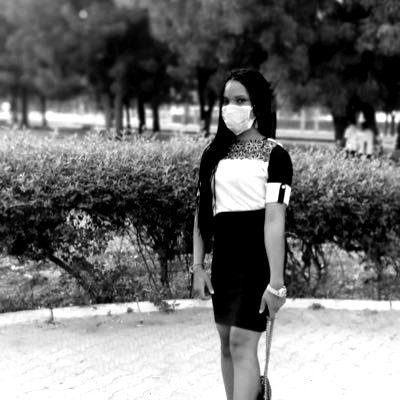
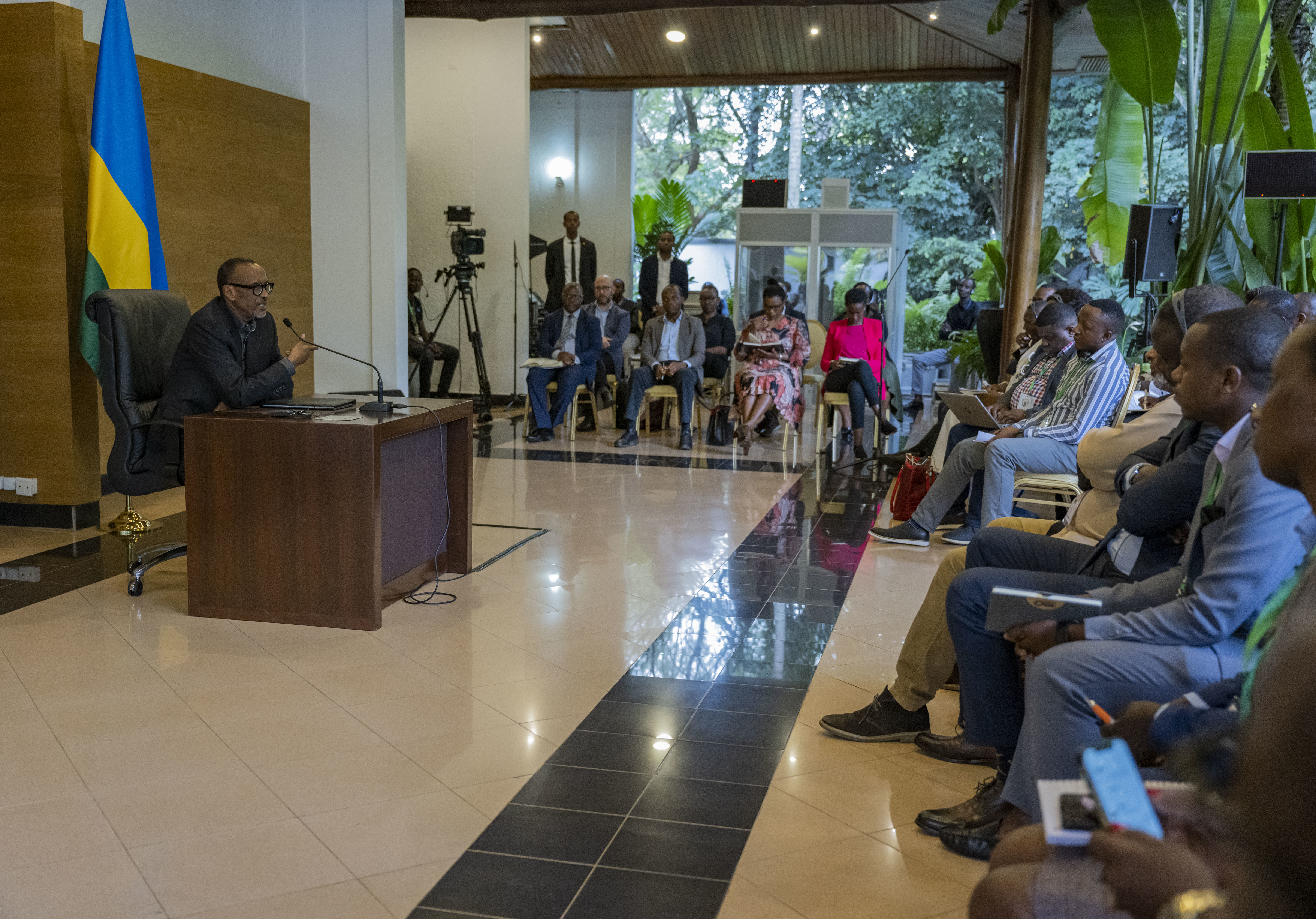
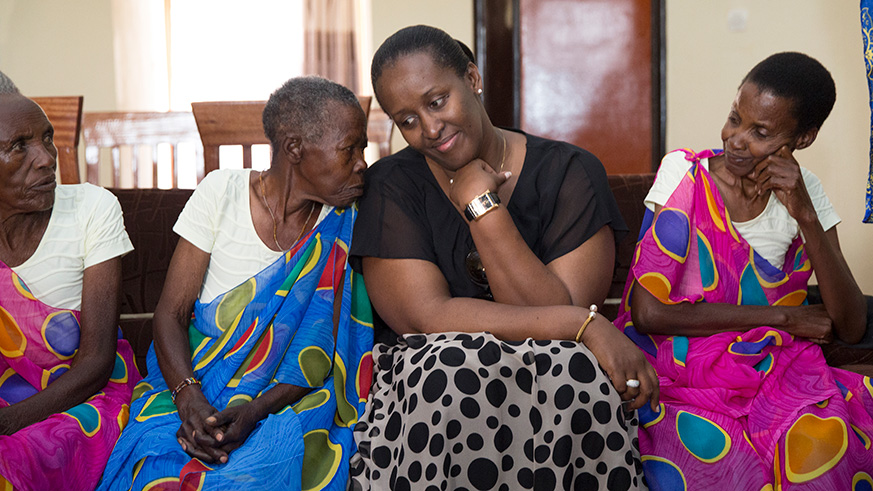
.jpeg-20230305111648000000.jpeg)
.jpeg-20230305103109000000.jpeg)
